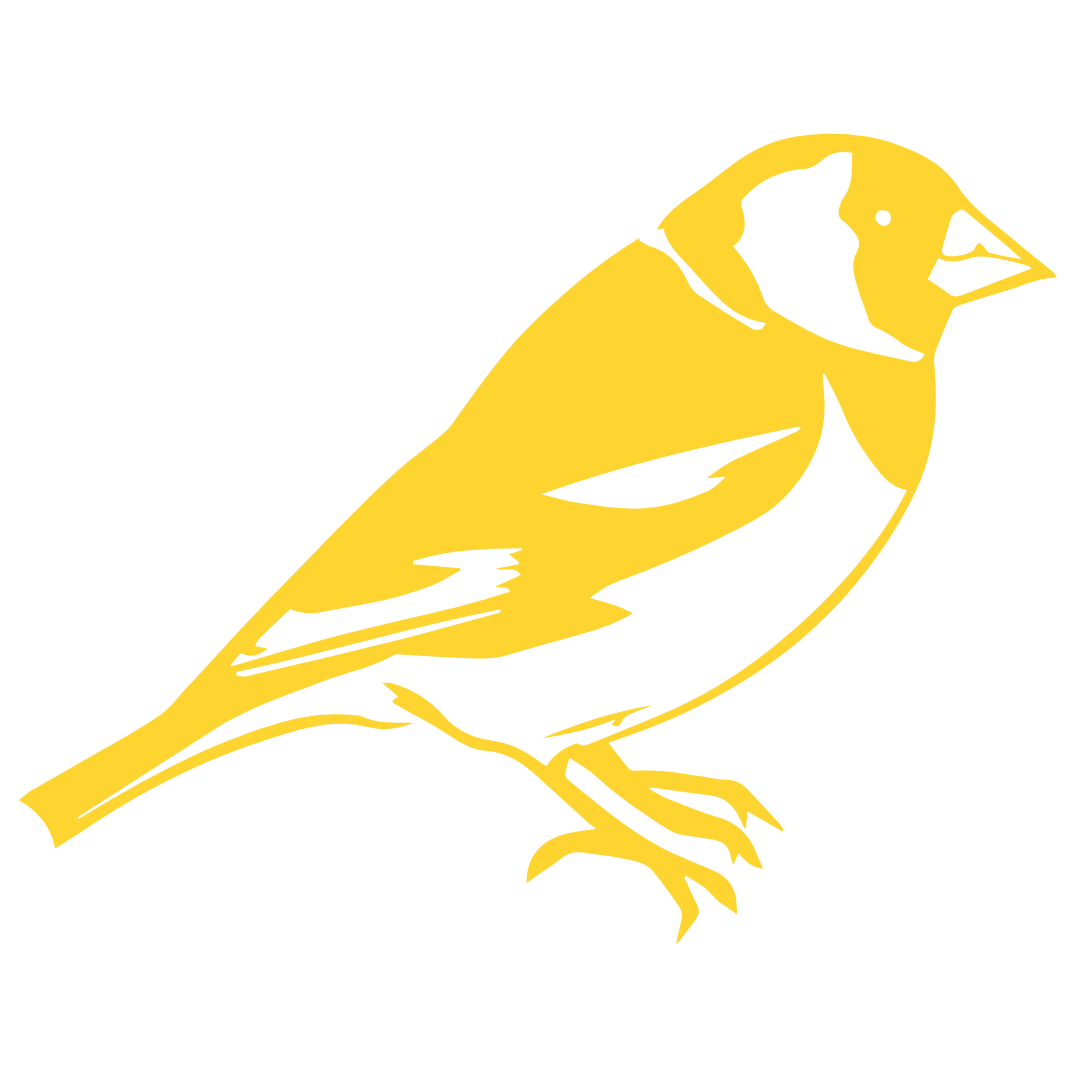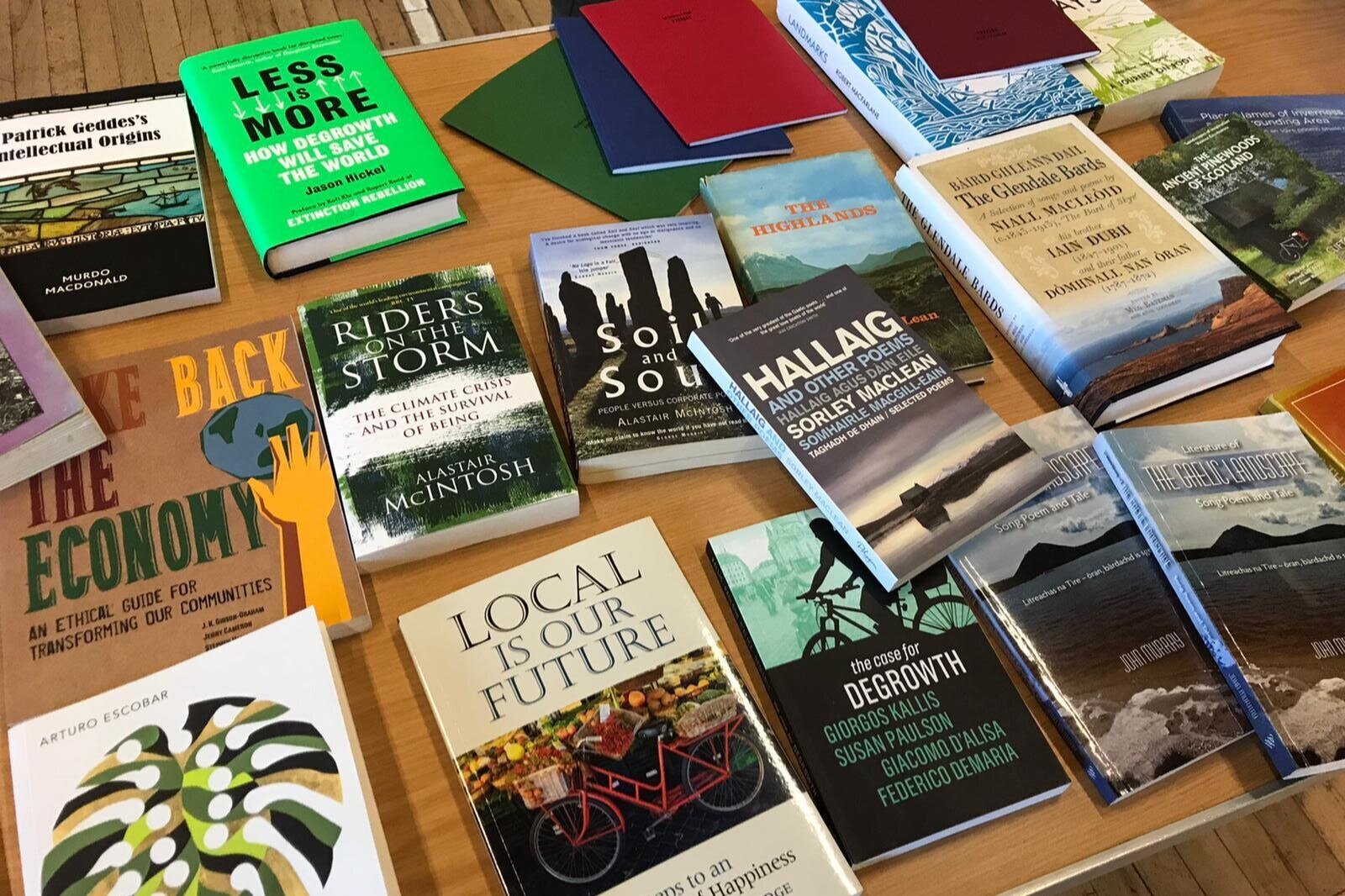Atlas Arts: School of Plural Futures
DIG WHERE WE STAND
In collaboration with Raghnaid Sandilands, leading a full day of programming and practical workshops at Broadford village hall in Skye, as part of the School of Plural Futures read more
The school began in February 2021 and runs throughout the year. Along with artist Emmie McLuskey, eight contributors across Skye and Lochalsh are building this alternative school to speak about the reality and potential of life in Skye and Lochalsh.
“The school takes the form of a series of gatherings – a space to think and create responses to local and global challenges facing young people. We’ll be asking questions and learning together about social justice, the climate crisis and about what it means to live and work here today.”
Throughout the programme, the groups will be joined by friends and contributors to learn with the school, and to share their interests and knowledge through talks, workshops, walks, readings and screenings.
Dig Where We Stand: Creative Maps as a Tool for Conviviality
Our collaborative contribution to the school is to explore the role of creative and cultural mapping in the context of activism, thinking of maps as a tool for conviviality: “Convivial tools are those which give each person who uses them the greatest opportunity to enrich the environment with the fruits of his or her vision” (Illich 1973).
Raghnaid’s approach to creative cartography is an invitation not only to observe and question the world but to take participatory, restorative action. Maps can serve both to illuminate the present and to orientate us towards alternative futures, giving us some sense of our bearings in our own places. Raghnaid will introduce here the idea of a cultural atlas sampler, with a workshop session sketching out first steps.
Change can feel distant - yet seemingly small, local acts can contribute to large-scale movements. Mairi will facilitate a discussion from the perspective of degrowth, rooted in the idea of the convivial pluriverse. Degrowth resists the socially and ecologically destructive monoculture of global capitalism, seeking alternative ways of living rooted in local topologies. The common task becomes to open up creative possibilities for multiple and hopeful futures. In this context of global solidarity, maps and counter mapping become a radical and convivial tool with which to engage with or rediscover local expressions of culture, knowledges and practices that sustain people and places. By drawing on our pasts to imagine meaningful and just futures, cultural and convivial activism holds the potential to create the circumstances necessary for transformation and change.




